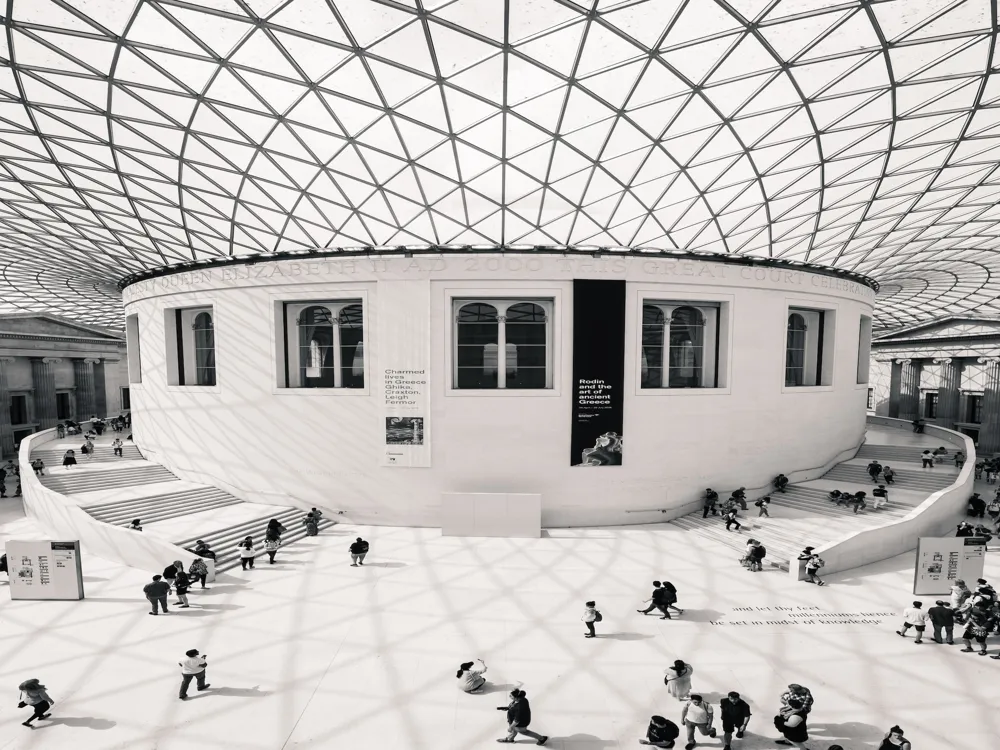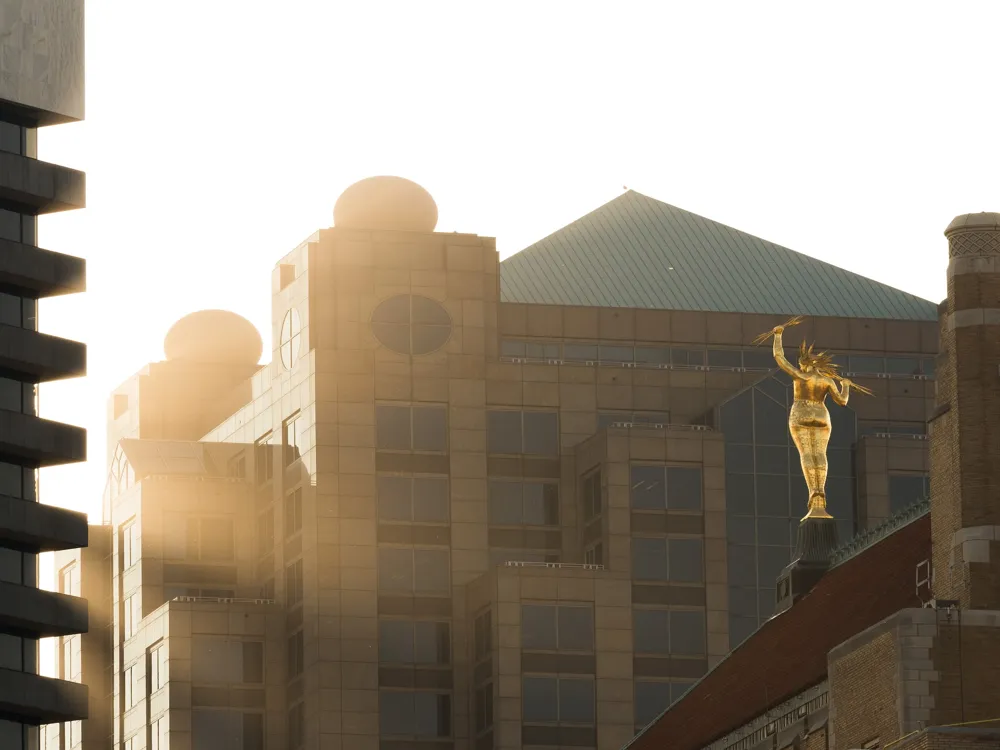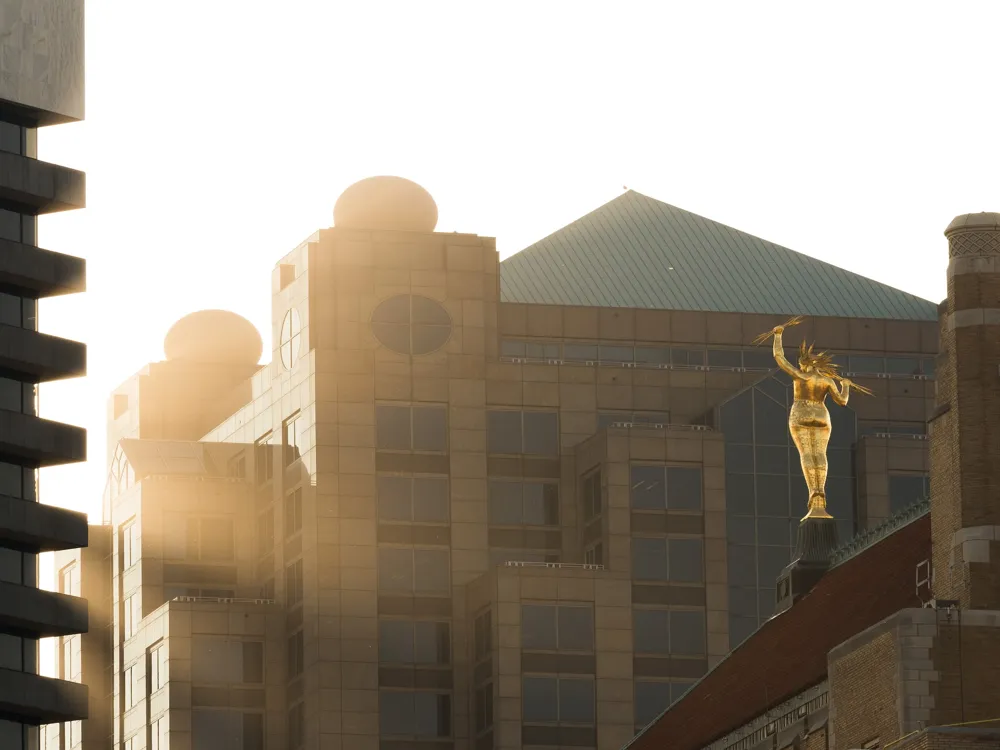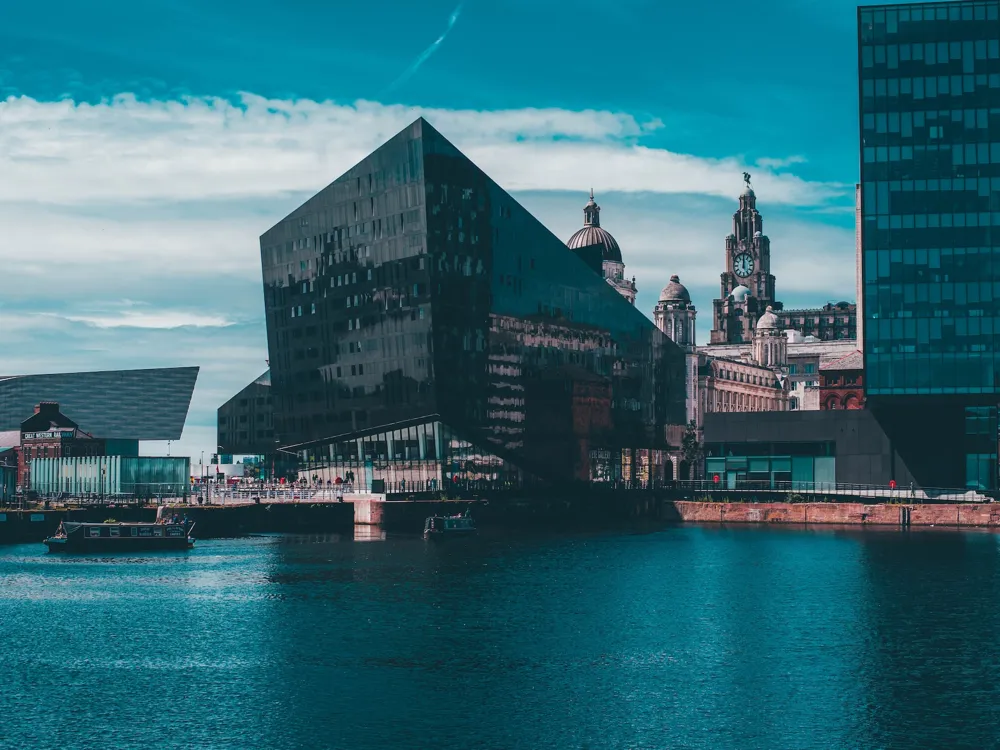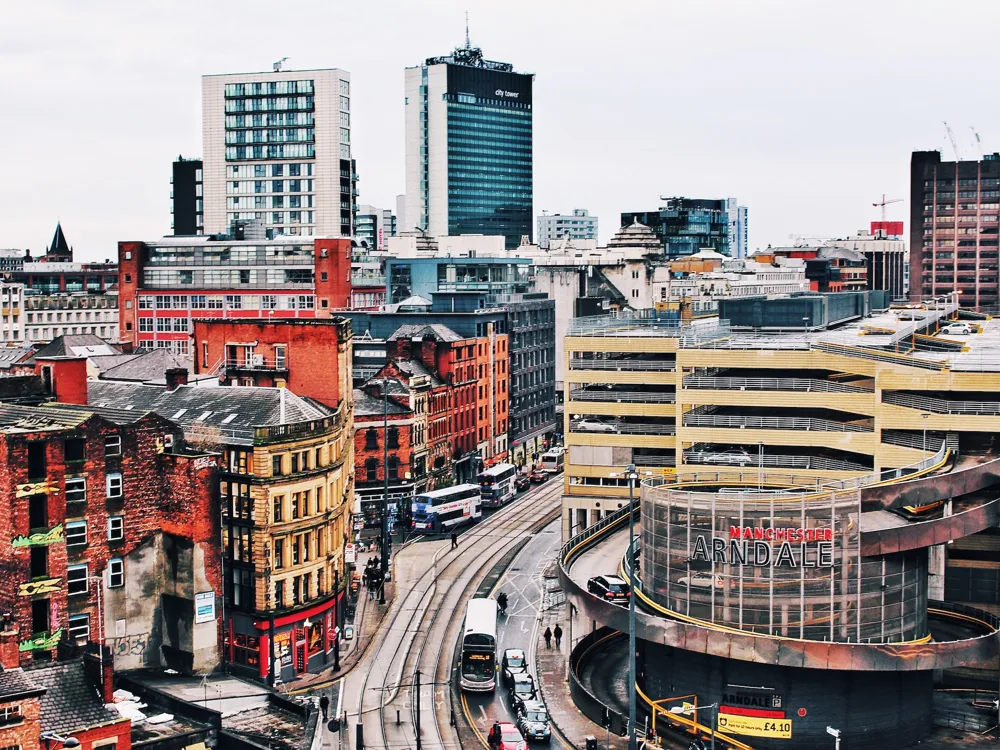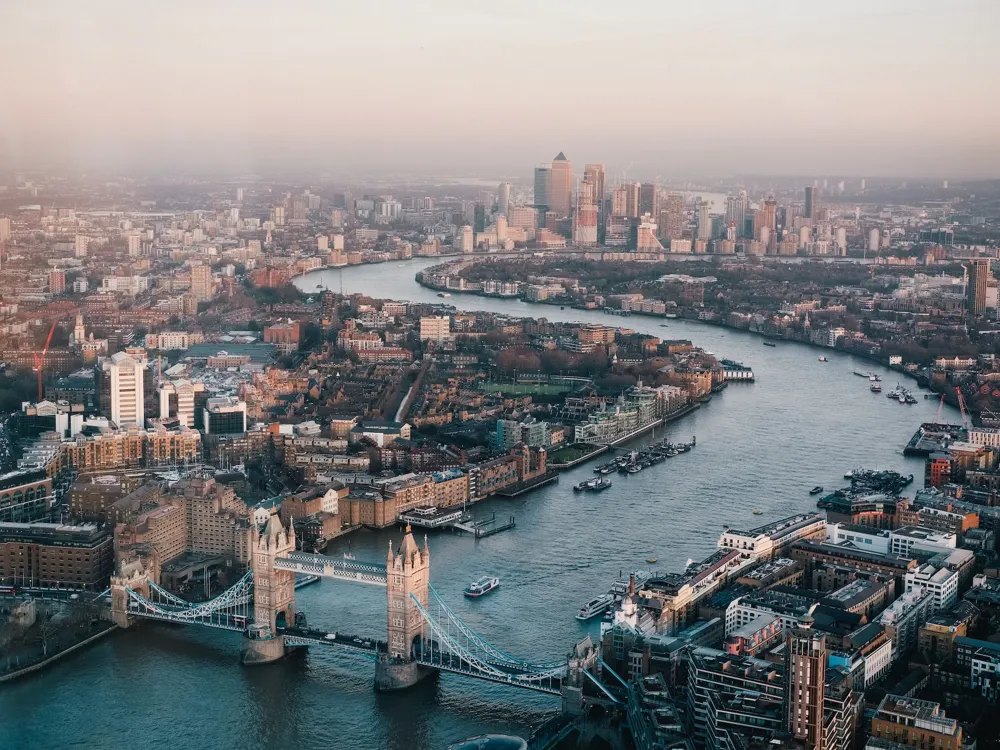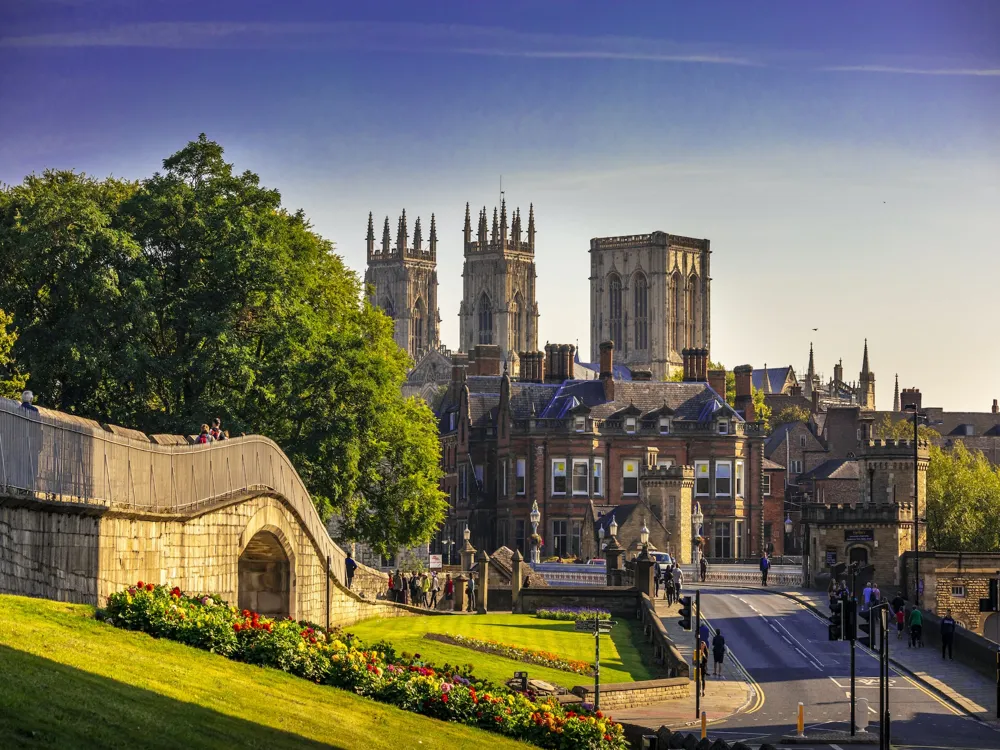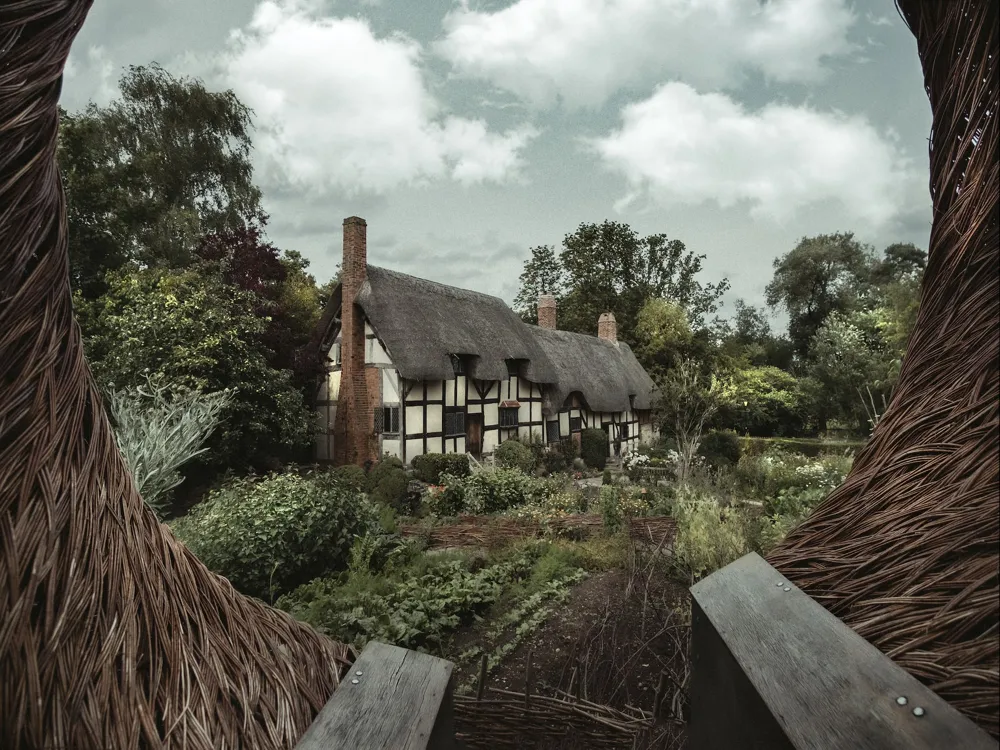Birmingham, the second-largest city in the United Kingdom, is a vibrant urban center known for its rich industrial heritage and cultural diversity. Nestled in the heart of England, this dynamic city offers a unique blend of historic charm and modern sophistication. Birmingham's story begins in the medieval period, evolving through the ages to play a pivotal role during the Industrial Revolution. Today, it stands as a hub for commerce, education, and culture. The city's landscape is a tapestry of Victorian buildings, modern skyscrapers, and quaint canals, reflecting its historical journey. Birmingham's cultural scene is equally diverse, featuring world-class museums, theaters, and music venues. The city is also renowned for its culinary diversity, offering a wide array of international cuisines. Birmingham's transformation from an industrial giant to a leader in the service sector and creative industries marks its dynamic evolution, making it a fascinating destination for visitors and residents alike. Birmingham's significant role in the Industrial Revolution marks a defining chapter in its history. The city became a major center for ironworking, leading to advancements in manufacturing and engineering. This period saw the emergence of iconic industries, such as the production of jewelry, guns, and metal goods, which shaped the city's economic landscape. The extensive canal network, originally built to transport goods, is now a charming reminder of Birmingham's industrial past, repurposed for leisure and tourism. In recent decades, Birmingham has undergone extensive regeneration, transforming into a contemporary city while retaining its historical essence. The city's commitment to innovation is evident in its thriving business districts, academic institutions, and cultural venues. Birmingham's diverse population contributes to a rich tapestry of cultural experiences, from music festivals to international sporting events, reflecting its status as a cosmopolitan city. Birmingham is home to several iconic landmarks and attractions. The Birmingham Museum and Art Gallery boasts an impressive collection of artworks and historical artifacts. The Bullring, a major shopping center, symbolizes the city's modern architectural achievements. Other must-visit sites include the Library of Birmingham, the National SEA LIFE Centre, and the historic Jewellery Quarter. The city's calendar is packed with cultural events and festivals, celebrating everything from music and literature to food and heritage. The Birmingham Jazz Festival and the Birmingham International Dance Festival are highlights, showcasing local and international talent. The city's culinary scene is celebrated in events like the Birmingham Food Festival, drawing food enthusiasts from around the world. Birmingham's sporting legacy is significant, with facilities for cricket, football, athletics, and more. It hosts international events at venues like Edgbaston Cricket Ground and Villa Park, home to Aston Villa Football Club. The city's commitment to sports is also evident in its community programs and state-of-the-art facilities. Birmingham's architecture is a vivid reflection of its historical journey, showcasing a blend of ancient structures and modern design. The city's architectural landscape tells the story of its transformation from a medieval market town to a bustling modern metropolis. Birmingham's buildings are not just structures; they are the embodiments of the city's spirit and its evolutionary tale. The historical architecture of Birmingham is diverse, ranging from medieval churches to Victorian-era buildings. St. Martin in the Bull Ring, a church dating back to the 13th century, exemplifies early architecture. The Victoria Law Courts and the Birmingham Town Hall are prime examples of Victorian architecture, showcasing intricate brickwork and ornate design. In contrast, Birmingham's modern skyline is characterized by innovative structures like the Selfridges Building in the Bullring, with its futuristic design. The Cube and the Library of Birmingham are other examples of contemporary architecture, featuring cutting-edge design and sustainable elements. These structures symbolize Birmingham's forward-thinking approach and its adaptation to the changing times. The Industrial Revolution left a lasting imprint on Birmingham's architecture. Many former industrial buildings have been repurposed, blending the old with the new. The Custard Factory, originally a factory, now serves as a creative hub. The city's extensive canal network, once a trade route, is now lined with modern developments and heritage sites, bridging past and present. Birmingham's commitment to sustainability is evident in its green spaces and urban regeneration projects. Parks like Sutton Park and Cannon Hill Park offer natural retreats within the urban landscape. The city's regeneration efforts focus on creating pedestrian-friendly spaces and revitalizing historic neighborhoods, ensuring a balance between development and preservation. The architectural diversity of Birmingham is more than just a feature; it is a symbol of the city's cultural and historical richness. Each building, whether ancient or modern, tells a story of the eras, people, and events that have shaped Birmingham into the dynamic city it is today. The best time to visit Birmingham is during the spring (March to May) or autumn (September to November) when the weather is mild and the city's parks and gardens are at their most beautiful. Summer months are also popular, offering a vibrant atmosphere with numerous outdoor events and festivals. Birmingham is well-connected with an efficient public transport system, including buses, trains, and trams. The city center is pedestrian-friendly, and cycling is a popular option. For longer distances, consider using the local rail network or renting a car for more flexibility. Birmingham offers a range of accommodation options, from luxury hotels to budget-friendly hostels. The city center is a convenient choice for first-time visitors, providing easy access to major attractions and transport links. For a more local experience, consider staying in one of Birmingham's diverse neighborhoods. Birmingham is renowned for its culinary diversity, offering everything from traditional British fare to international cuisine. Don't miss the famous Birmingham Balti, a local invention. The city also boasts a variety of dining options, from street food markets to Michelin-starred restaurants. When visiting Birmingham, it's important to respect local customs and etiquette. Politeness and punctuality are valued, and tipping is customary in restaurants and for taxi services. Be sure to also explore Birmingham's diverse neighborhoods, each offering unique cultural experiences. Birmingham is easily accessible from various parts of the UK and abroad. The city's central location makes it a convenient destination for travelers. Birmingham Airport serves both domestic and international flights, connecting the city to global destinations. It is located just outside the city center and is easily accessible by train, bus, or taxi. Birmingham's central train station, Birmingham New Street, is a major hub in the UK's rail network. It provides frequent services to and from London, Manchester, and other major cities. Other key stations include Moor Street and Snow Hill. Reaching Birmingham by road is straightforward, thanks to its extensive motorway connections. The M6, M5, M40, and M42 motorways link Birmingham to various parts of the UK. Coach services also provide affordable and comfortable travel options. National Express and other coach services operate to and from Birmingham, offering routes to major cities and towns across the UK. The central coach station is well-connected and provides easy access to the city center and surrounding areas. Once in Birmingham, the local transport system, including buses, trains, and trams, makes getting around the city efficient and convenient. Taxis and ride-sharing services are also widely available for more direct travel options.Overview of Birmingham
The Industrial Revolution and its Impact
Contemporary Birmingham
Notable Landmarks and Attractions
Cultural Events and Festivals
Sporting Legacy
Architecture of Birmingham
Historical Architecture
Modern and Contemporary Structures
Influence of the Industrial Revolution
Green Spaces and Urban Regeneration
Architectural Diversity as a Cultural Symbol
Tips When Visiting Birmingham
Best Time to Visit
Getting Around the City
Accommodation Options
Local Cuisine and Dining
Cultural Etiquette and Tips
How To Reach Birmingham
By Air
By Train
By Road
By Bus or Coach
Local Transportation
Blakesley Hall
Birmingham
NaN onwards
View birmingham Packages
Weather :
Tags : Museum
Timings : 11:00 AM - 4:00 PM
Closed on Monday
Entry Fees : Adults: GBP 7
Children (between 3 to 15 years): GBP 3
Students: GBP 5
Family (3 members, maximum 2 adults): GBP 15
Family (4 members, maximum 2 adults): GBP 17.60
Family (5 members, maximum 2 adults): GBP 20.20
Planning a Trip? Ask Your Question
Birmingham Travel Packages
View All Packages For Birmingham
Top Hotel Collections for Birmingham

Private Pool

Luxury Hotels

5-Star Hotels

Pet Friendly
Top Hotels Near Birmingham
Other Top Ranking Places In Birmingham
View All Places To Visit In birmingham
View birmingham Packages
Weather :
Tags : Museum
Timings : 11:00 AM - 4:00 PM
Closed on Monday
Entry Fees : Adults: GBP 7
Children (between 3 to 15 years): GBP 3
Students: GBP 5
Family (3 members, maximum 2 adults): GBP 15
Family (4 members, maximum 2 adults): GBP 17.60
Family (5 members, maximum 2 adults): GBP 20.20
Planning a Trip? Ask Your Question
Birmingham Travel Packages
View All Packages For Birmingham
Top Hotel Collections for Birmingham

Private Pool

Luxury Hotels

5-Star Hotels

Pet Friendly









